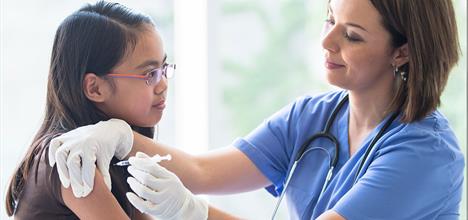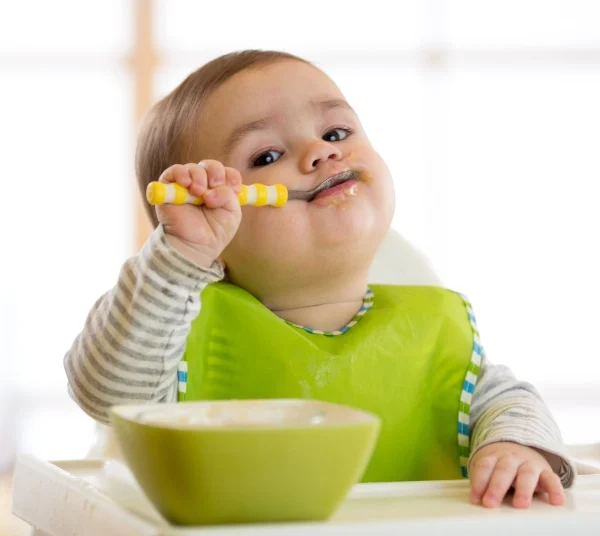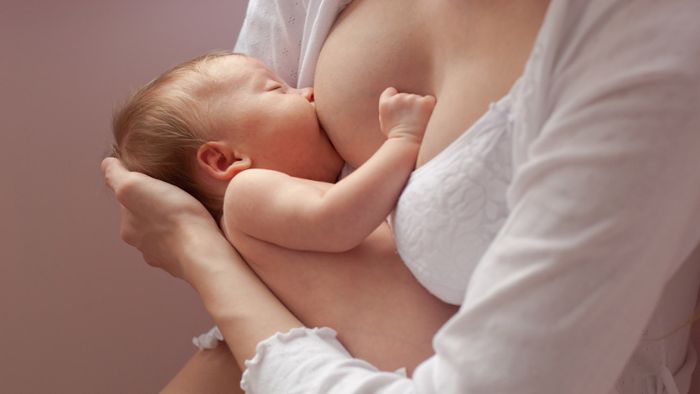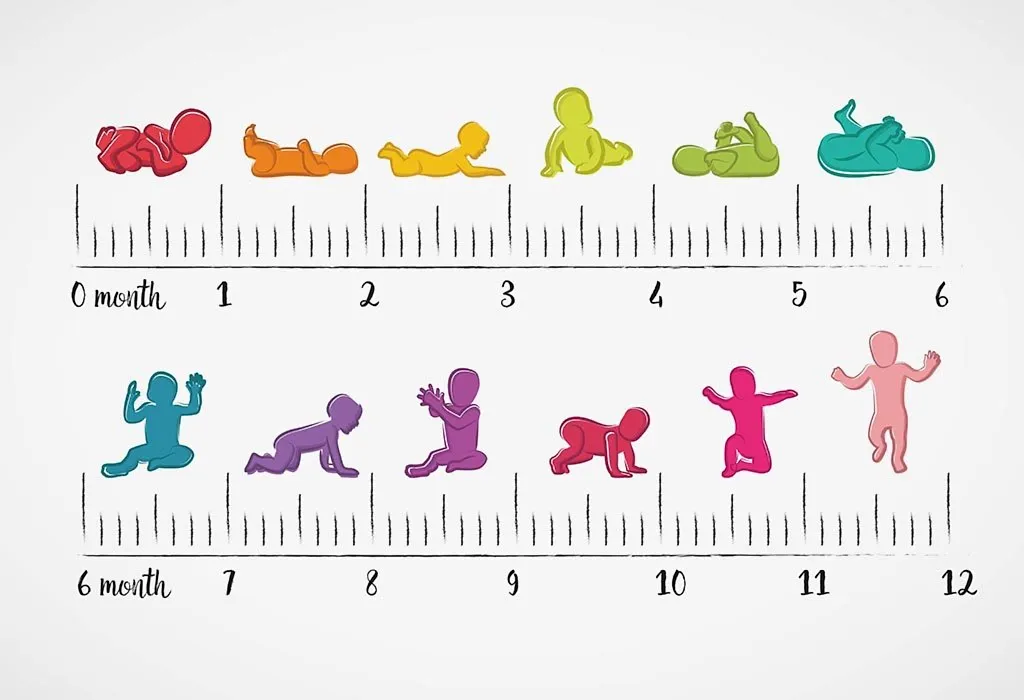Children are vulnerable to number of diseases. Some of these diseases need to be prevented to save the lives of many children and prevent outbreaks of certain diseases like measles and chickenpox.
Vaccination is one of the most cost-effective solutionsthat have decreased themost vaccine-preventable childhood diseases by more than 95 percent. Vaccines are effective not only because they protect individuals who have been vaccinated but also by protecting the entire population from communicable diseases.Though vaccination is compulsory for all, still there are some parents who stay away from these vaccines due to poverty or ignorance and their children are either unvaccinated or under vaccinated.
During our childhood we must have got many vaccinations. All such injections are meant for protection of yours against various diseases. The concern physician will speak about such vaccination to the parents of the child. During the time of childhood, the immunity level of each kid remains too low. Thus, they need to get all such vaccination that will boost the immunity level. There are 10 serious diseases against which the immunization is needed. Thousands of children are made to take up this vaccination to get immunity against the severe diseases. If the babies are not immunized, this can create a great problem. Many health issues can crop up.
Diseases and vaccination
A preschool immunization program is followed for all babies for protection against the following infectious diseases.
DTaP/IPV/Hibis a vaccine that protects the baby against—
- Diphtheria is a bacterial infection of the chest and throat which spreads from the sneeze and cough of a person who is suffering from diphtheria. Symptoms of diphtheria include high temperature, sore throat and breathing problem. In severe cases it can damage the heart and nervous system or cause death.
- Tetanusis also called lockjaw which can cause painful muscle spasms and stiffness. It is a serious disease which can be fatal. The bacteria of tetanus enter the body through an open wound or by animal bites. It is found in soil and animal manure.
- Whooping cough is highly infectious and it spreads through coughing and sneezing. The distinctive whoop comes with cough in babies. It can lead to other severe diseases like pneumonia, dehydration. Weight loss and sometimes brain damage also.
- Polio is a virus that attacksthe nervetissues in the brain and spinal cord. It can cause paralysis ofany part of the body. It spreads by coming into contact with the stool, mucus or saliva of an infected person.
- Haemophilus influenzae type B is a bacterial infection of the throat, chest and ear which canlead to more serious infections like meningitis and pneumonia.
The DTaP/IPV/Hib vaccine is given thrice, when your baby is eight weeks, 12 weeks and 16 weeks. A preschool booster is also given when the child is four or five years. Another booster is given when the child is in the teenage,
PCV protects the baby against Pneumococcal bacteriawhichcan cause serious problems like meningitis, blood poisoning and pneumonia. One form of meningitisis rare but is more dangerous than meningitis C. It can be fatal or cause some long term health problems like deafness, mental disabilities and epilepsy.
The PCV will be given thrice when your baby is eight weeks, 16 weeksand 13 months
MenC vaccine protects your baby against Meningococcal bacteriawhich causes meningitis, and blood poisoning. It is a serious disease which can be fatal or cause damage to the brain and nervous system. It is administered when the baby is 12 weeks old.
Hib/MenC vaccine protects against Haemophilus influenzae type Bwhichcan cause throat, chest and ear infections. It can take a serious turn and develop meningitis and pneumonia.
Rotavirus vaccine protects against Rotavirus which is a highly-infectious virus that causes gastroenteritis in babies. Diarrhoea and vomitingare the two most commons symptoms of this disease. The vaccine is given to the baby with a dropper at the age of eight weeks and 12 weeks.
Flu vaccine protects against fluwhichis caused by an infectious virus. Symptoms include cold, fever, body ache, diarrhoea and vomiting. The vaccine is given thrice as a nasal spray when the child is two years, three years and four years.
MMR vaccine protects against
- Measles is a highly infectious disease and it spreads by sneezing and coughing of the patient with measles.
- Mumps is swelling around the neck and cheeks accompanied with fever. It can lead to some complications like meningitis and encephalitis which is brain fever.
- Rubella is a mild viral infection causing fever, rash and swollen glands. This is passed to the baby in the womb when the pregnancy is 8- 10 weeks. It can cause some congenital problems like deafness, blindness, heart problems or damage of the brain.
The MMR vaccine is given whenthe baby is 13 months. A preschool booster will also be given at the age of four or five.
Childhood diseases with vaccinations
Vericella
This is a particular type of virus that is seen to have affected your body. This gives rise to rashes all over the body. The skin condition is also backed by fever, itching and tiredness. If you don’t make your baby get this vaccination during his/ her childhood, he can lead to problems like pneumonia and brain infection. MMRV is the name of vaccination that is used to treat both Vericella and MMR.
Pertusis
Another name for this disease is whooping cough. You must have observed many people suffering from the problem of whooping cough. It is due to the reason that parents have not allowed the child to take up the vaccination of Pertusis when he was very young. This is one of the contagious diseases that can make coughing very serious. The vaccination used for whooping cough is DTaP.
Hepatitis B
Recently, this has become one of the deadly diseases that can affect people once he or she grow up. This is an infection that grows in liver. This disease can spread vigorously through your veins and blood vessels. It is also a contagious disease that can be spread among two persons by sharing injection, razor etc. It affects body with the loss of appetite and illness through flu. Medical science has found out vaccination for people suffering from HEPATITIS B. Thus, the vaccination must be provided to baby’s right from his/ her birth.





